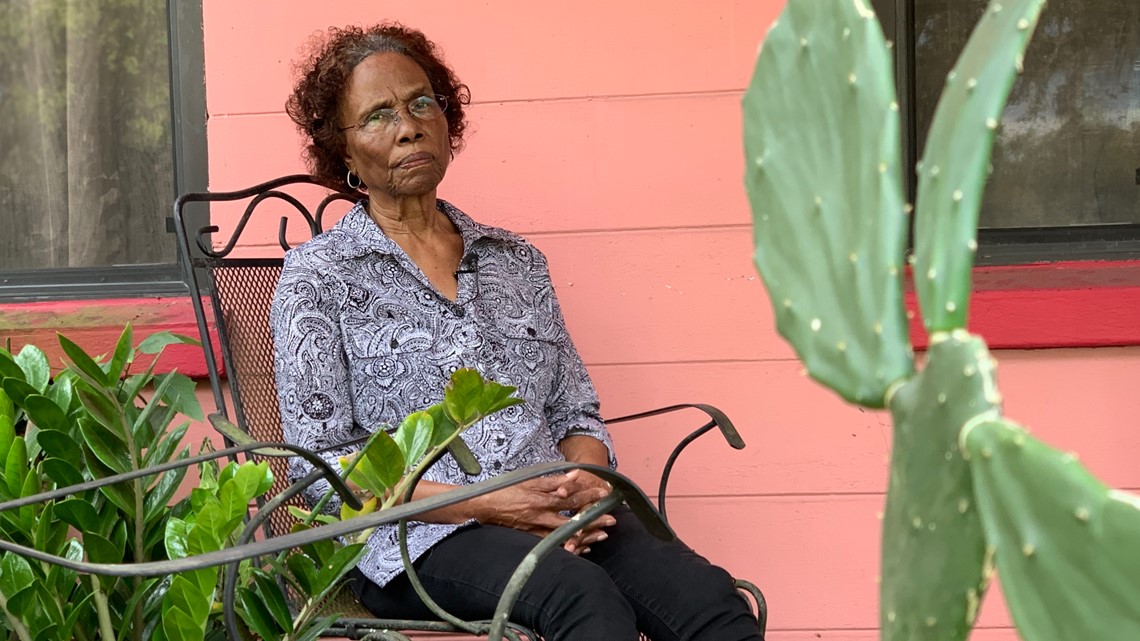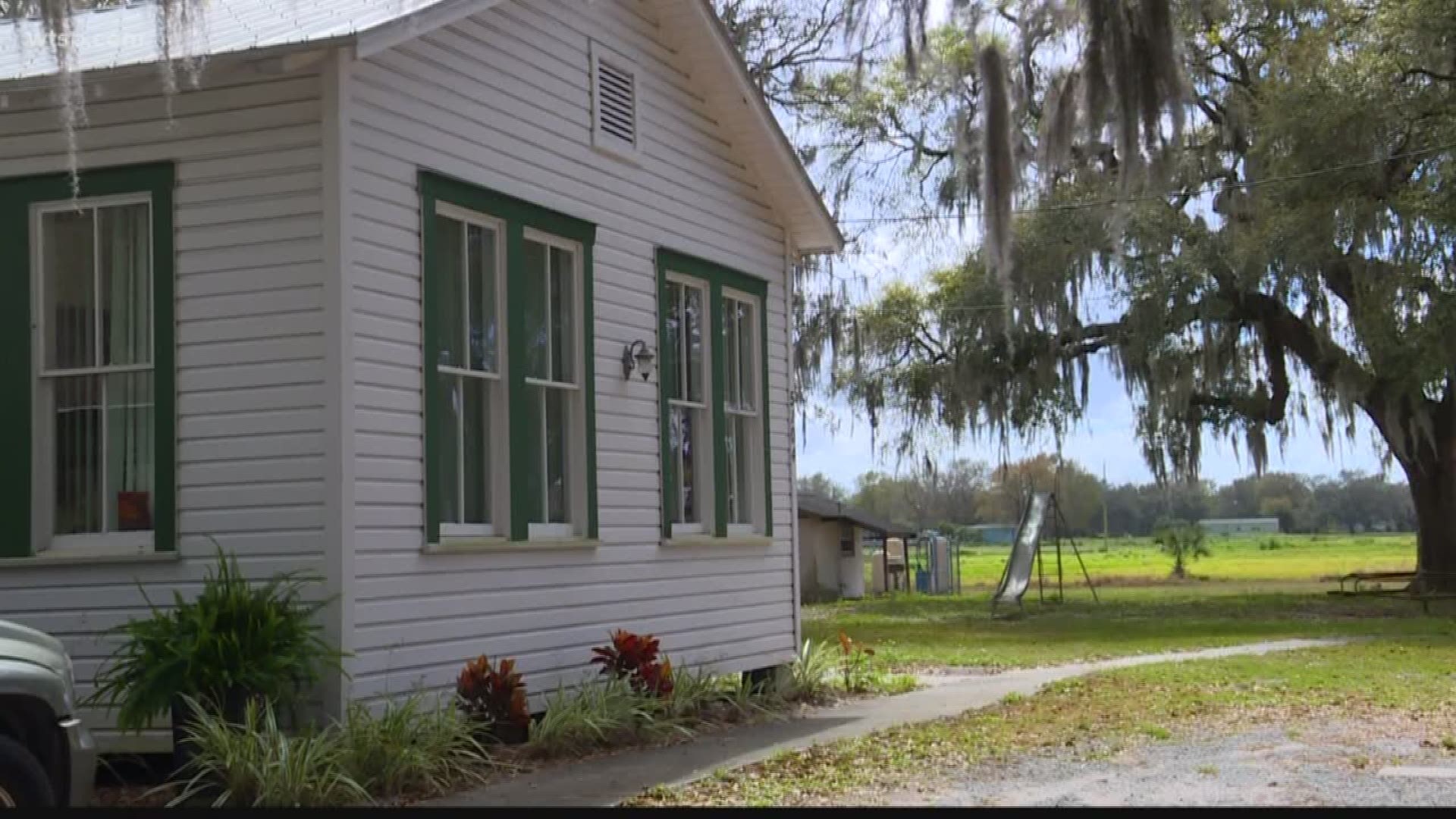PLANT CITY, Fla. — Tucked away in a quiet community near Plant City where buildings are a reminder of an era long past, the hidden history of Bealsville lives on.
"The community is 153 years old, and it was founded by 12 slaves that were newly-freed,” said Gwendolyn Thomas, executive director of Bealsville, Inc.
At the end of the Civil War in 1865, many slaves were freed without much aid. However, plantation owner Sarah Hopewell helped 12 slaves with horses, farming equipment and land so they could settle their own community with the help of the Southern Homestead Act of 1866.
On this land they built homes, a church and the historic Glover School. Today, descendants reap the benefits of the seeds their ancestors sowed into property ownership.
This is a part of the American Dream many African Americans have historically been denied.
"To own something…when previously, everything you had was taken away from you or when you had to move as a slave…those individuals who owned it originally, had a love to [say], 'this is mine,' I'm going to keep it, I'm going to pass it on to my descendants," Thomas said.
In Bealsville, most neighbors own their land during a time where black homeownership is only about 40 percent. It’s a number economists say hasn't changed since 1968, partly due to discrimination...
Mary Ann Dexter Sherman, 83, is one of those property owners. Her great-great grandfather, Peter Dexter, was one of the 12 slaves who founded this community.
"Even though we were slaves, we managed to keep our history intact,” said Dexter Sherman.


The town gets its name from Alfred Beal, the son of one of the 12 slaves. However, because records weren't always kept for slaves, history like that of Bealsville is hard for many African Americans to trace.
It's a history Dexter Sherman doesn't take for granted.
"I know who I am,” she said.
Today, she still lives on the land her ancestors passed down. Her brother and sister live there, too, in a home next door to hers.
"You need to know where you came from. You need to research it and know what those people went through so that you could be where you are,” said Dexter Sherman. "It's a basic that I stand on and I make my children do it and my grandchildren and my great grandchildren."
Property ownership is one of the primary reasons Bealsville has been able to endure to this day.
"I think it's been able to survive from the desire to retain the history and the struggle that the community had before obtaining the properties as well as maintaining the properties,” said Thomas.
However, the community’s ability to survive was not without tests.
"We had the Ku Klux Klan that did a parade through,” said Dexter Sherman, who adds they set community bridges afire in protest of integrated schools.
“We had lived out here all our lives and we never had anything like that happen. It was just like, 'What's your problem?'” she said.
When asked if she was ever afraid: “No. I never thought about being afraid."
“We weren't going anywhere," she said.
So through this day, the Bealsville community stands strong and proud of its past and present, while remaining hopeful the history will help it persevere through the future.
If you want to make a trip to Bealsville, the community welcomes you. You can visit the town's museum, which is housed in the historic Glover School.
Emerald Morrow is a reporter with 10News WTSP. Like her on Facebook and follow her on Twitter. You can also email her at emorrow@wtsp.com.
What other people are reading right now:
- Florida groomer picks up tail of disabled veteran's service dog, spins it until it breaks: sheriff
- Deported man came back and repeatedly raped a child, ICE says
- Florida lawmakers propose legalizing recreational marijuana
- Horrified Florida mom finds YouTube Kids videos showing school shootings, how to commit suicide
►Make it easy to keep up-to-date with more stories like this. Download the 10News app now.
Have a news tip? Email desk@wtsp.com, or visit our Facebook page or Twitter feed.

